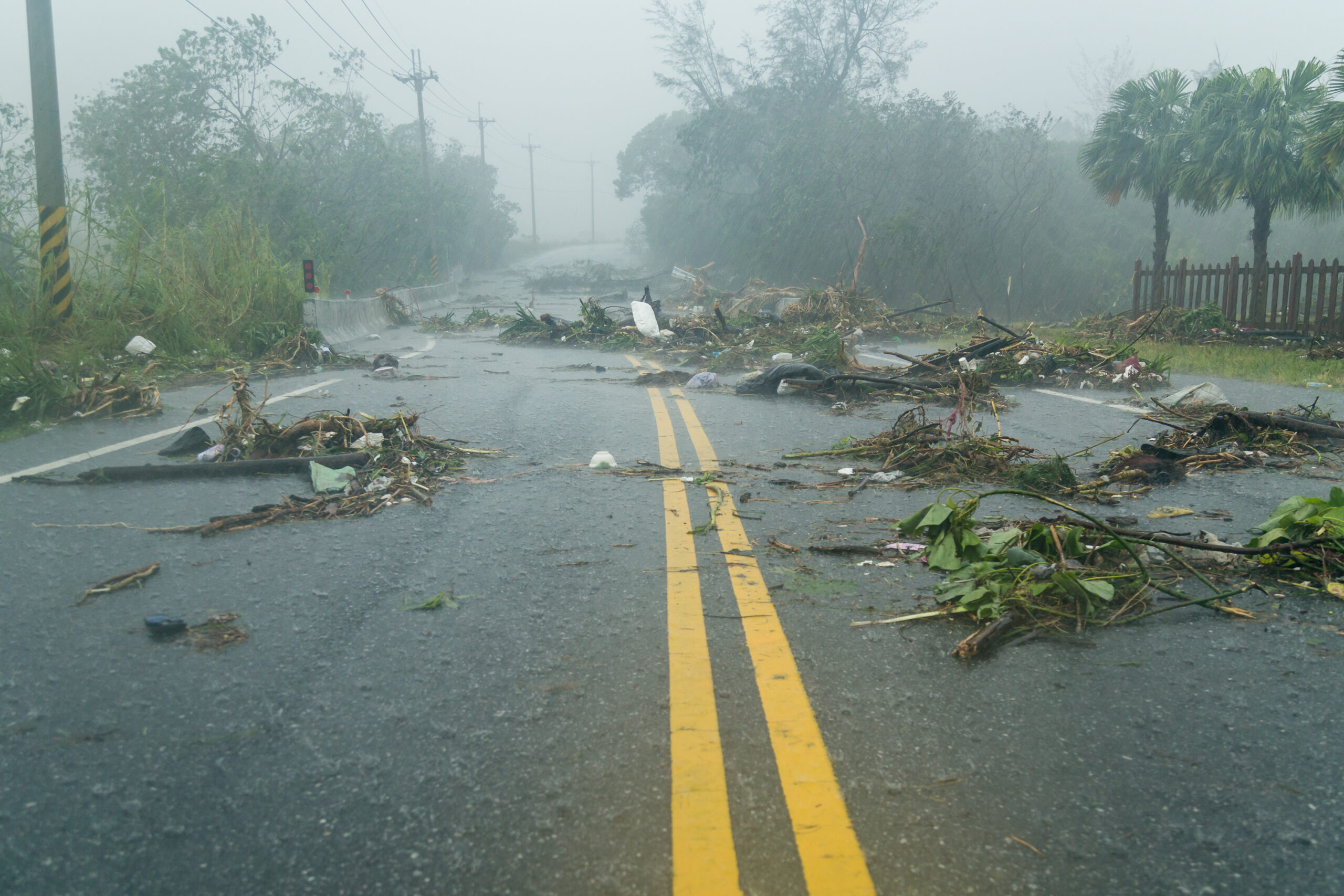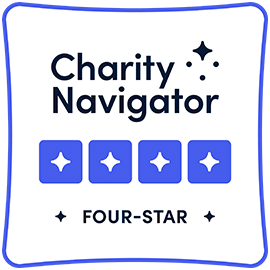Health Preparedness Tips for Natural Disasters and Outbreaks
Preparing before a disaster or outbreak (preparedness tips)
Before a state of emergency, it’s crucial to create a disaster preparedness plan for your healthcare needs. It may be impossible to predict outcomes during a natural disaster or outbreak, but the following tips can prevent many life-threatening situations before they occur.
- Pack all essential medications in a waterproof bag. A freezer safe, re-sealable bag is great in a pinch.
- If possible, fill prescriptions ahead of time. In a state of emergency, prescriptions can be filled up to 30 days without prior doctor approval.
- Make a prescription medicine plan. Use Rx on the Run to print a personalized wallet card that. includes your prescriptions with the latest dosage and necessary instructions for proper use
- Purchase non-perishable food, water, and nutrient-rich items. Apples, bananas and oranges are a great snack that don’t require refrigeration and will last up to a week.
- Fully charge your electronic devices and pack spare batteries, chargers, and other essential items. To conserve battery, limit the use of unnecessary apps and switch your phone to low-power mode when fully charged.
- Be aware of your closest healthcare resources, including pharmacies, hospitals, and urgent care clinics. Use Google maps to drop a pin on nearby healthcare locations.
- Have a contingency plan for managing chronic conditions. For patients with:
- DIABETES: Ensure you have insulin and refrain from eating carbohydrates and other sugars.
- KIDNEY DISEASE: Make sure you have access to dialysis treatment.
- CARDIOVASCULAR/PULMONARY DISEASES: Keep a supply of oxygen with you at all times.
- DISABILITY: Develop contingency transportation plans or identify a trusted caretaker if necessary.
- ELDERLY: Post emergency numbers near every house and cellular phone.
- Make sure to have an evacuation plan in case you need to leave your home. To find a shelter near you, text FEMA the word “shelter” along with your zip code to 4-3-3-6-2.
- Use Rx Open (rxopen.org) to find open pharmacies near you.
Staying safe and healthy during a disaster or outbreak (tips)
Staying safe and healthy during a disaster or outbreak (tips)
During an emergency, unforeseen circumstances and events can put your health at risk. While it may be impossible to prevent all health complications, it’s critical to prioritize your health and minimize adverse effects. Remember that natural disasters and outbreaks can potentially disrupt operations for pharmacies, providers, and hospitals, so it’s crucial to prepare in advance to take care of your health.
- Take necessary medications as prescribed. To help maintain regularly scheduled use of medicines, organize your prescriptions for the week and schedule a reminder on your phone to take them as prescribed.
- Make sure your medications remain stable. It’s important to make sure your medicines do not come into contact with water or become exposed to extreme temperatures. Some medicines must remain within a certain temperature range.
- Use Rx Open to locate nearest open pharmacy if you run out of medicines or need a refill. If you have a chronic disease, disability, or are a senior and need emergency assistance, refer to the emergency resources below:
- Healthcare Ready: 1-866-247-2694
- FEMA: 1-800-621-3362
- American Diabetes Association: 1-800-342-2283
- American Heart Association: 1-800-242-8721
- American Association of People with Disabilities: 1-800-840-8844
- American Stoke Association: 1-888-478-7653
- American Red Cross: 1-800-733-2767
- Drink plenty of bottled water and avoid skipping meals. Eat nutrient-rich, non-refrigerated foods such as fruits and vegetables.
- Beware of floodwater contaminants:
- Do not drink floodwater; drink bottled water instead. If you don’t have bottled water, boil (for at least 1 minute) or disinfect water to make it safe.
- Do not cook, clean or brush teeth with floodwater.
- Cover open wounds and limit exposure to floodwater at all times.
- Do not eat foods that have expired, perished or come in contact with flood water. Perishable foods in the refrigerator will be unsafe to eat after 4 hours without power. Use dry or block ice to keep your refrigerator cold for longer or use an extra cooler.
- Recognize symptoms of food or waterborne illness. If you experience vomiting, diarrhea, and abdominal pain, contact a healthcare provider immediately.
How Healthcare Ready can support you:
Healthcare Ready is here to help you stay prepared for a natural disaster, infectious disease outbreak or man-made event. Our online resources provide easy tips for what to do next when a disaster strikes and help make life-after as normal as possible. For more information on how your rare or chronic illness can be impacted by a disaster visit www.healthcareready.org, email us at alerts@healthcareready.org, and contact us at 1-866-247-2694.






